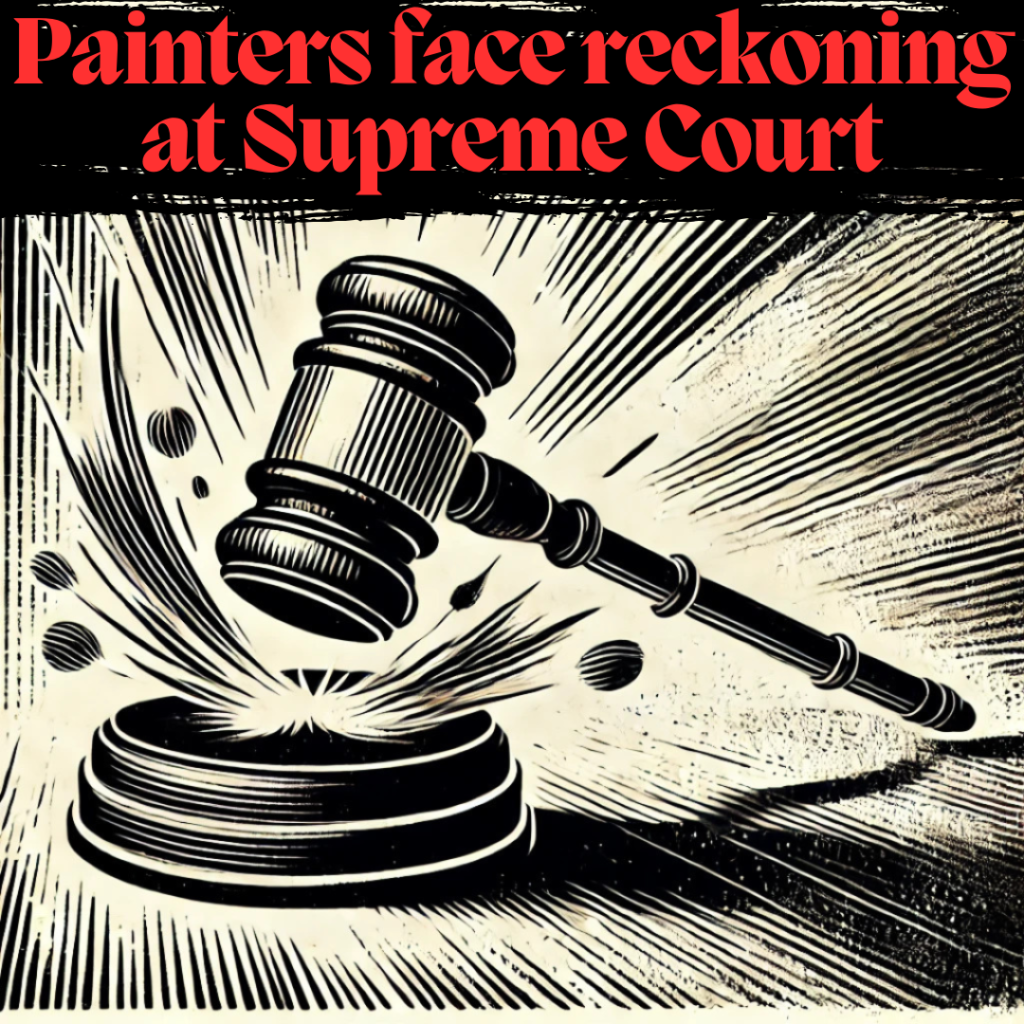A case involving a painting company and diversity was heard before the Supreme Court recently.
You may remember our original story on the case, but in case you don’t: The painting company won a bid from the federal government for work that was earmarked for Disadvantaged Business Enterprises (DBE).
The company claimed it worked closely with a DBE as a supplier–thus satisfying the federal requirement–when in fact the DBE was allegedly being used as a pass-through company that got a cut of the money without doing any real work.
The reason the Supreme Court took up the case–and the part that should be of interest to any home services provider–is that it would redefine the legal definition of “fraud” to include work done in a way other than specified, such as with a different crew than promised.
The painting company was convicted under a federal mail fraud statute. The lawyer representing the contractor argued that the DBE claims were akin to “puffery” in marketing materials–grandiose claims that don’t need to pass the sniff test of factuality.
To the contrary, U.S. Solicitor General Eric Feigin asserted that the claims were a material misrepresentation under the contract’s terms, and that the integrity of the contracting process depends on truthful representations, especially when they pertain to compliance with regulatory goals.
Based on their questions, the Supreme Court judges seemed to take predictable partisan stances.
Sonia Sotomayor and Ellena Kagan–considered the liberal wing of the Court– seemed favorably inclined to Feigin’s argument that the DBE misrepresentations constituted a form of fraud.
Sotomayor compared it to a homeowner hiring a licensed plumber. If it turned out the plumber was just an amateur with a wrench, that would indeed be a form of fraud, she suggested,
Kagan took it a step further, offering an analogy where an investor pays for gold but receives coal instead.
Justice Neil Gorsuch, considered conservative, offered a more business-friendly take. He questioned how the law would be applied in less clear-cut cases. How much would a company have to disclose about its operations to avoid prosecution for mail fraud?
Chief Justice John Roberts, also conservative, worried about federal law overreach into contractual disputes that would better be handled as civil matters.
The Supreme Court’s decision on the case is expected by July. We’ll update you here when the decision drops.

